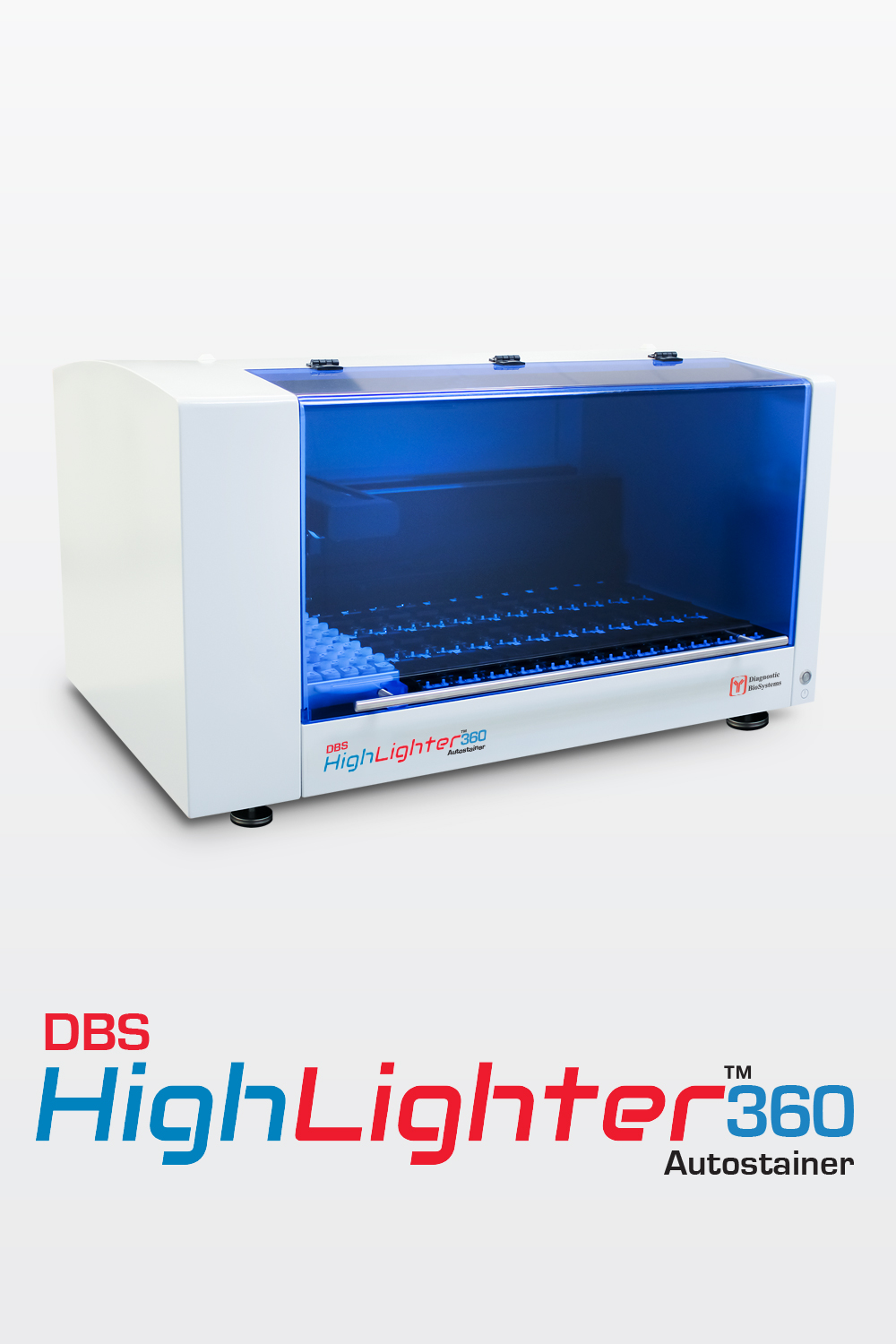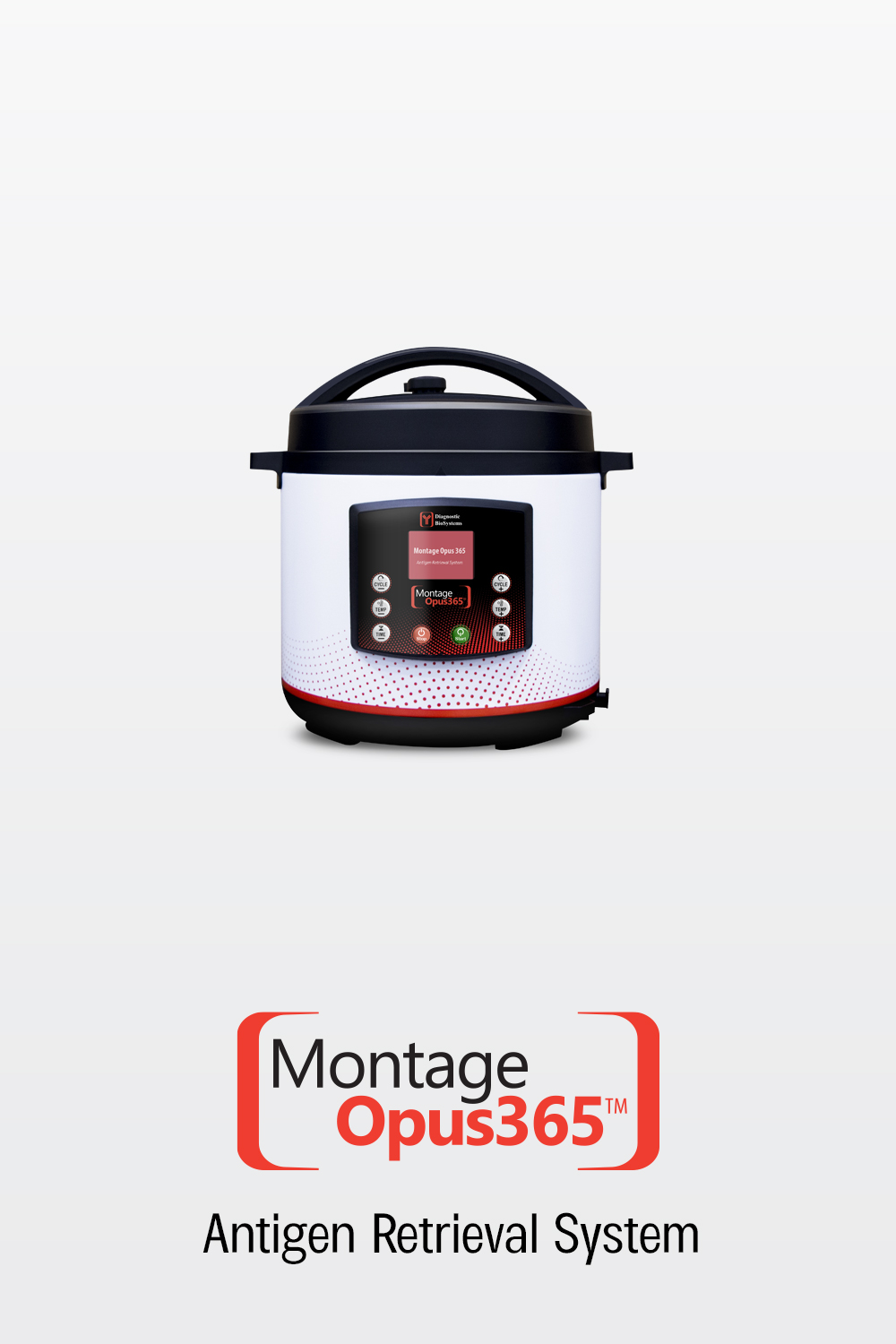CANCER AWARENESS
November is Lung Cancer Awareness Month
Join us in raising awareness and advancing cancer care. #LungCancerAwareness #PrecisionDiagnostics #EarlyDetection #IHC
Lung cancers are the most common cancers worldwide and majorly consists of lung carcinoma and other cancers such as lung neuroendocrine tumours and lymphomas. It is the leading cause of cancer-related deaths, accounting for 1.8 million deaths globally in 2023 and approximately 2.5 million new cases of lung cancer are diagnosed in 2023 worldwide. Lung carcinomas comprise two major histologic types, which is significant in selecting treatment. 1), Non-Small Cell Lung Cancer (NSCLC) is composed of about 80-85% of lung cancer cases, which includes histological subtypes of adenocarcinoma, squamous cell carcinoma, and large cell carcinoma. The distinguishment lung adenocarcinoma from lung squamous cell carcinoma is very important in disease management. 2), Small Cell Lung Cancer (SCLC) makes up about 10-15% of cases and is generally more aggressive and fast-growing than NSCLC. The assessment for pathology of lung cancers is critical for correct diagnosis. The pathology assessment includes immunohistochemistry (IHC) detection on the lung tissues. At Diagnostic BioSystems, we’re committed to supporting early and accurate detection of lung cancer through reliable IHC reagents. This Lung Cancer Awareness Month, we stand with researchers, healthcare professionals, and patients in the fight against lung cancers.
Explore Diagnostic BioSystems high quality Lung panel markers
· Thyroid Transcription Factor-1 (TTF-1): Helps to differentiate primary lung adenocarcinoma from other metastatic cancers.
Web Link: https://bit.ly/40Hf7o7
· Napsin A: Aids in identifying lung adenocarcinoma
Web Link: https://bit.ly/DBS-Napsin_A
· Cytokeratin 5/6 (CK5/6), p40, and p63: Detect lung squamous cell carcinoma and help to differentiate lung squamous cell carcinoma from adenocarcinoma.
Web Links:
Cytokeratin 5/6: https://bit.ly/3O6gDIH
p40: https://bit.ly/3YQS8Eo
p63: https://bit.ly/3YQS8Eo
· ALK and ROS1: Identifies specific genetic rearrangements that can be targeted with tyrosine kinase inhibitors. ALK and ROS1 positive cases often benefit from targeted therapies, providing a better prognosis for patients with these mutations.
Web Links:
ALK: https://bit.ly/4fLuC2v
ROS1: https://bit.ly/3YP0cW9
For more information, please visit us at www.dbiosy.com.




